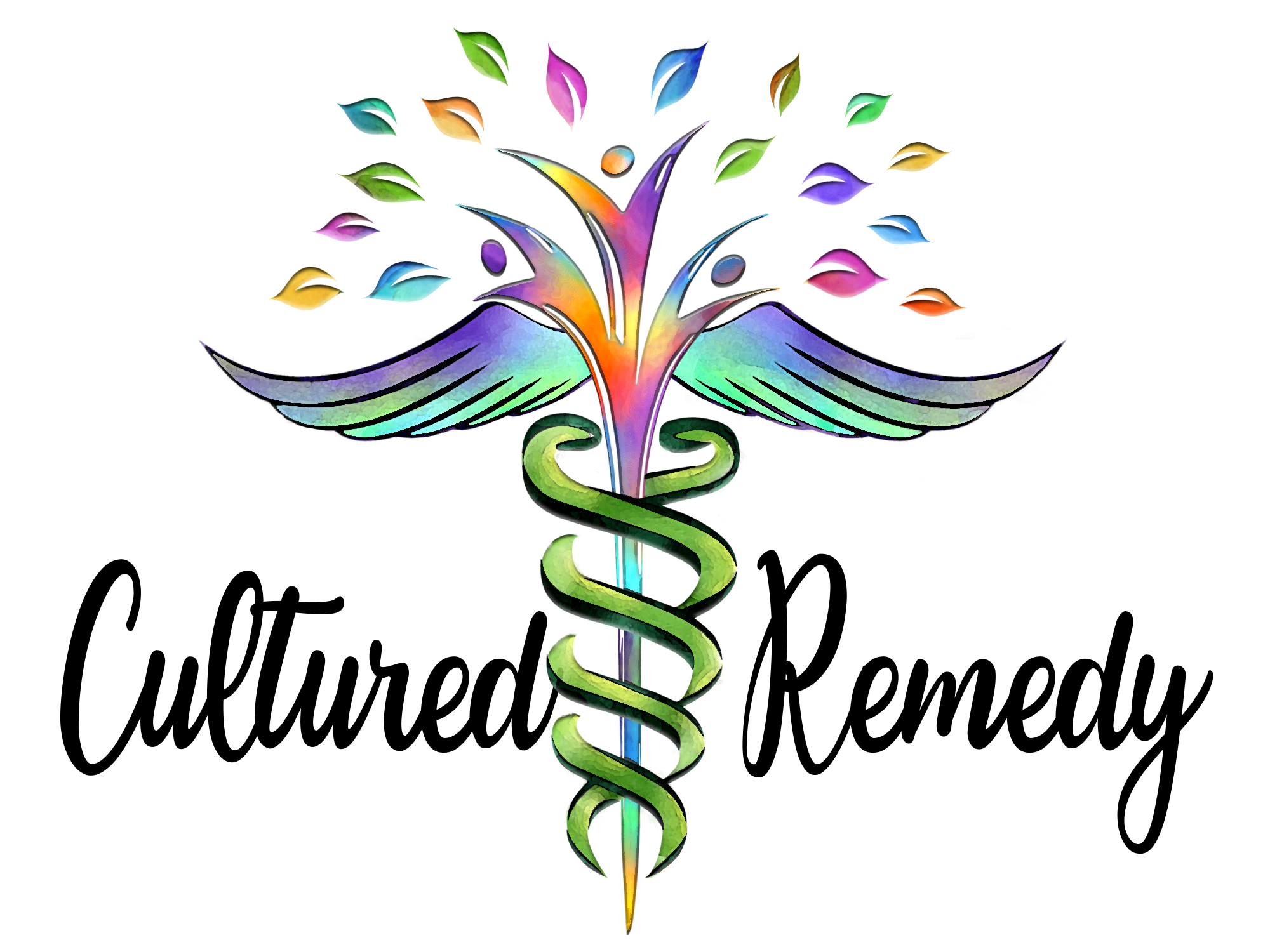The provision of equity-centered care positions healthcare providers as change agents who can empower BIPOCs and other culturally diverse individuals to become active participants in their healthcare. Despite this consensus, healthcare providers have expressed fears of crossing cultural boundaries when providing care to culturally diverse individuals. Many healthcare providers find providing care to diverse stressful. Healthcare systems and providers identify a need for more significant guidance on cultural development, which presents a barrier to equity-centered care.
Relationship building provides a seemingly simple action step in addressing the dilemma of learning to give healthcare to people who may have a different belief and values system or look and act differently. Equity-centered health care starts with the healthcare providers’ ability to build relationships with patients. Provider-patient relationship building has been shown to increase a patient’s adherence to treatment and preventive measures while improving overall satisfaction with healthcare quality.
A healthcare provider’s ability to recognize and self-correct behaviors of prejudice, bias, stereotyping, and discriminatory practices in healthcare services delivery positively influence relationship building and are foundational to equity-centered healthcare. Therefore, healthcare systems and providers must understand how to communicate with diverse populations effectively. Also, working with patients to incorporate their customs, beliefs, language, rituals, and other cultural differences and norms into their health plans facilitates a reciprocal exchange of information between healthcare and patients.
Also, relationship building involves a respectful way to communicate cultural ideas and behaviors. Since culture and communication intertwine, it is essential to understand how culturally appropriate healthcare is centered on ensuring health equity evolves from understanding and applying culturally competent communication skills. Healthcare providers can utilize equity-centered healthcare skills as a strategy to improve communication between people of differing cultures.
The healthcare provider’s role and clinical appropriateness to meet patients’ cultural needs is a common theme within the literature and relates directly to the provisions of equity-centered healthcare. As a continuous and evolving process, the healthcare provider’s level of cultural development can aid or hinder a patient’s progress in addressing their personal health needs. Fortunately, healthcare providers who undergo healthcare inclusivity or cultural development training tend to score higher on scales designed to measure cultural and intercultural competencies. These individuals also exhibit superior intercultural sensitivity in provider-patient interactions.
Based on their experiences with healthcare providers, diverse populations may view their healthcare encounters negatively, resulting in dissatisfaction with care and even healthcare avoidance. Healthcare providers can adapt their personal practice and the health care delivery system to meet the unique needs cultural needs of BIPOC and other diverse patient populations. By adopting equity-centered healthcare strategies, health inequities can be reduced

